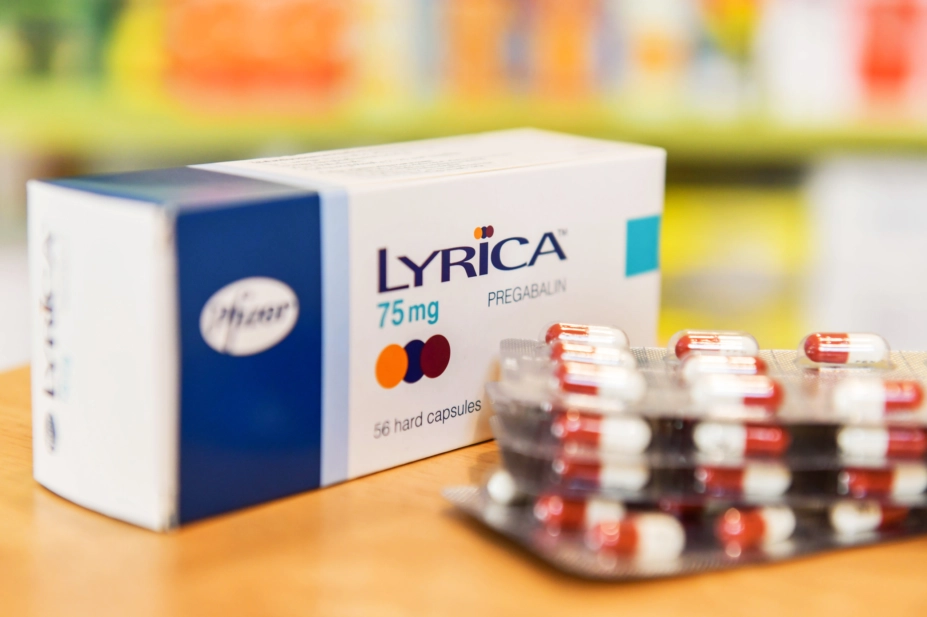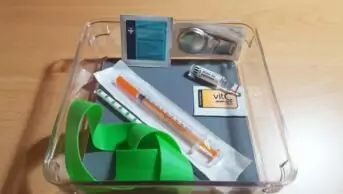
Shutterstock.com
Pregabalin and gabapentin are to be reclassified as Class C controlled substances from April 2019, the government has announced.
The switch will come more than two years after the Advisory Council on the Misuse of Drugs recommended that the two medicines become controlled drugs and be placed under Schedule 3 of the Misuse of Drugs Regulations 2001 and Class C of the Misuse of Drugs Act 1971.
The medicines are used for treating neuropathic pain, seizures and anxiety, but illicit use of the drugs has increased in recent years. In June 2018, NHS Scotland figures revealed that gabapentinoids had been prescribed prior to a fifth of drug-related deaths in Scotland in 2016.
Following a consultation on the status of gabapentinoids, which closed in January 2018, the UK government has decided to reclassify the medicines but not to apply the requirements for safe custody.
It is illegal to possess controlled substances without a prescription or to sell or otherwise supply them to others. Under the new classification, pharmacists will not be able to accept electronic prescriptions for pregabalin and gabapentin, although an impact assessment from the government says that this “may be mitigated in the future if the Electronic Prescribing System (EPS) can be used to prescribe controlled drugs electronically instead”.
A pilot scheme prescribing Schedule 2 and 3 drugs using the EPS began in October 2018.
Prescriptions of pregabalin and gabapentin will also be limited to 30 days’ treatment, and repeat prescriptions will not be issued. Any prescription received must be dispensed within 28 days.
Ash Soni, president of the Royal Pharmaceutical Society (RPS), said in response to the reclassification that “these restrictions are designed to improve safety, and from that perspective will be recognised as a positive step by pharmacists”. But he emphasised that patients must be made aware of the changes so that they understand the new requirements for prescriptions, particularly regarding the time limits for dispensing and restrictions in prescribed quantity.
“It is likely that there will be some reduction in the prescribing of these drugs and pharmacies will need support in managing their stock holding to ensure they meet patient demand, without ending up with significant stocks that go out of date,” Soni added.
“Misuse of the gabapentinoids, often in combination with opioids, is becoming more prevalent and recognised in specialist drug and alcohol services”, said Graham Parsons, RPS spokesperson on misuse of drugs and chief pharmacist of the charity Turning Point.
“It is always a fine balance when drugs are reclassified. Prescribers must always be cautious that the pendulum does not swing too much in the other direction leading to patients with a genuine clinical need being denied evidenced-based pharmacotherapies.”


